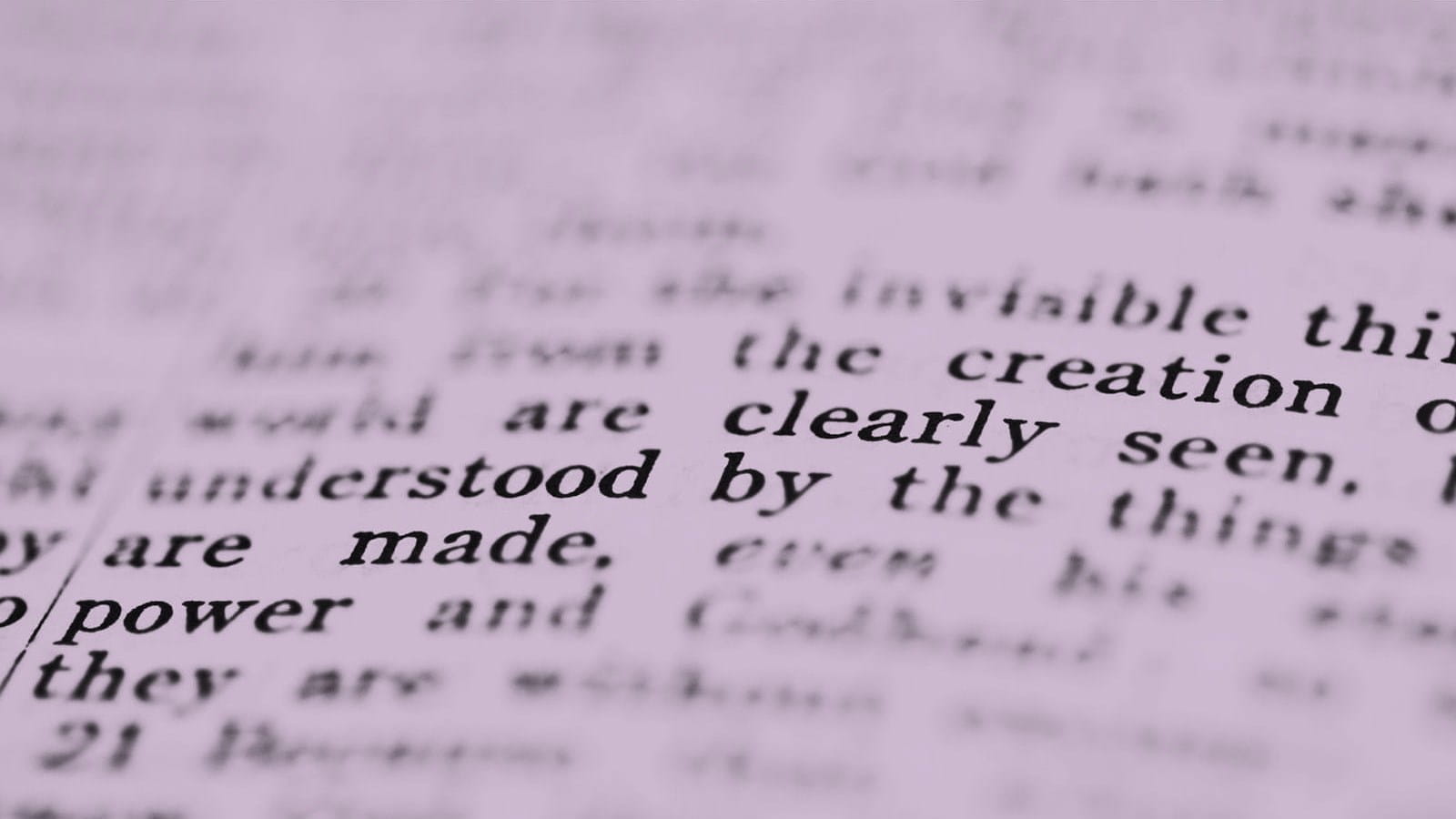Diagnosed with dyslexia part way through her ACA training, Matilda Stevens believes her challenges have made her even more determined to succeed.
Since qualifying as a chartered accountant six months ago, Matilda Stevens* has had a lot more time on her hands – and one thing she didn’t expect to be enjoying is reading. “If you’d asked me 10 years ago if I had read a book, I would have said no – only accounting books,” she laughs.
Matilda has struggled with reading since she was a child, but it was only four years ago, at the age of 20, that she was eventually diagnosed with dyslexia. “My mum has always known – I think mums probably do – particularly when I started phonics at school and just didn’t get it,” she remembers. “She mentioned it to my teachers, but because I was doing well – I wouldn’t say I was academic, but I’ve always been a trier – they never really picked up on it.”
At 16, Matilda decided she wanted to go to college rather than stay on at school for A levels. “I felt tutors treated you as an adult at college as they knew you had chosen to be there, which felt completely different to school,” she explains. “I also didn’t want to do any more exams – although obviously I didn’t realise then how many exams a career in accounting would involve!” Having always liked maths, she decided to pursue the AAT route. “I got a good grade in maths, and I also liked being organised – accounting appealed because it seemed like a mixture of the two,” she says.
She completed the AAT Level 2 and 3 qualifications in a year, then studied Level 4 in the evenings while in her first accounting job. “Then I decided I wanted to take the next step and do the ACA so that I could progress further in my career,” she says. It was at that point that Matilda found herself struggling. “When I was doing AAT, I struggled with time pressure in the exams, but people kept telling me that was normal, so I didn’t think about getting any help,” she says. “Then when I started the ACA, I thought, ‘No, there’s definitely something going on.’”
She decided to pay for a diagnostic assessment, which showed she had dyslexia. Having already completed the Certificate Level, she applied for and was awarded access arrangements by ICAEW. “I don’t have trouble with numbers or writing,” she explains, “but I have to read something at least twice to be able to take it in. And obviously in the exams there’s a lot of reading involved.” She also found exam software tools like the highlighter useful, meaning she could easily flag anything she needed to go back over. When she finally qualified in August 2021, and having passed all her exams first time, she was delighted. “It was amazing! I cried. I tell everyone it was the best day of my life!”
When her dyslexia was diagnosed, Matilda let her employer know, but says she doesn’t have any particular support or allowances at work. “I’d rather be treated exactly the same,” she says. “If I was struggling I’d speak out – and I’m confident enough to do that – but I’d rather just get on with it.” Her only real day-to-day challenge, she says, is needing more time to read and take in information properly. She finds that writing things down helps – something that proved particularly useful when revising for her ACA exams. “I put sticky notes all over the house,” she says. “I found it easier to memorise things that way because I’d seen them so many times.”
Matilda is enjoying having more free time to see friends and “not feeling guilty about watching TV when I should be revising” – as well as reading those non-accounting books. “I’m actually reading about things like self-love and self-control,” she says. “It’s really helping me understand more about having a learning disability, and appreciating that we’re not all the same and people blossom in different areas.”
Having dyslexia has given Matilda a willingness to try, she believes. “Once I had the diagnosis, I knew I was very much driven to still achieve,” she says. She also believes others with learning difficulties shouldn’t be afraid to try, and to ask for help when they need it. “If anyone has dyslexia, I would say it doesn’t matter. You get the help you need – and if you need help, ask for it, because people are willing to give it to you.
“You can do it,” she adds. “You’ll have good and bad days. You’re going to have days when you think, ‘Oh no, I’ve got to read this thing, I’ve got to put the work in.’ But it’s so worth it in the end. Don’t put yourself down. Just try and achieve.”
If you need additional support during exams, find out more about our access arrangements.
Support is also available from caba, the charity that supports the wellbeing of the chartered accountant community. It provides lifelong support to past and present ICAEW members, ACA students and their families across the globe, with a range of online resources, practical advice and support, all of which is free, impartial and strictly confidential.
Neurodiversity Celebration Week takes place from 21-27 March.
*Name has been changed
